Buried in a Sap? Nine men of the 29th Battalion
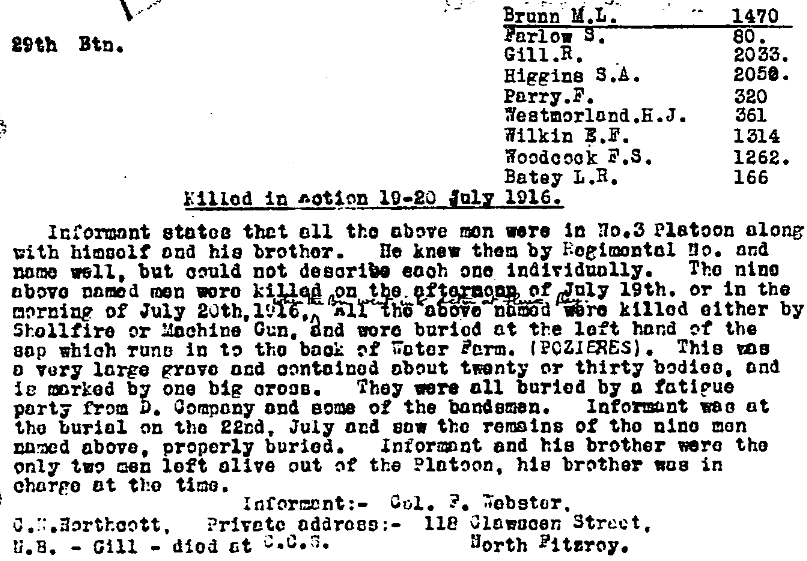
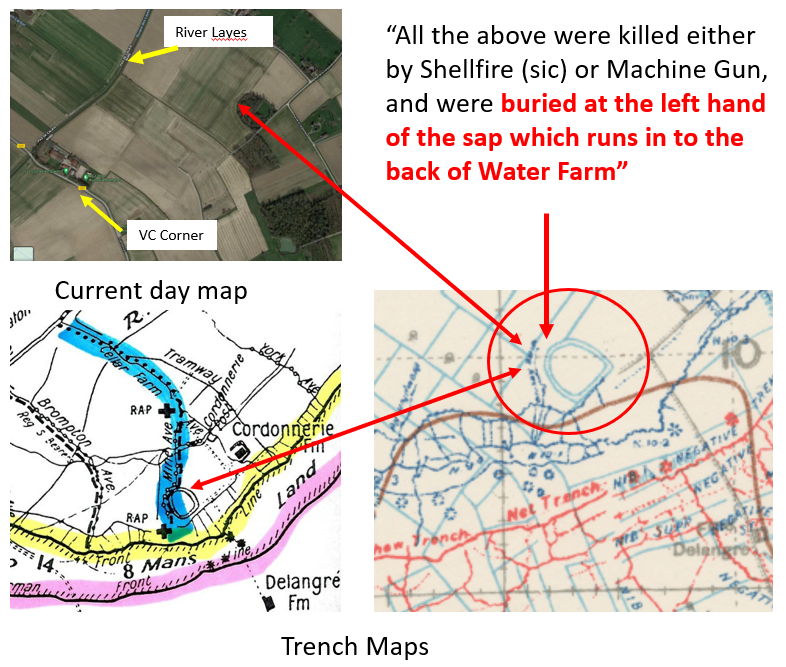
Evidence was given to the Red Cross that nine soldiers killed on the evening of 19-20 July and buried on 22 July as part of a larger group of twenty or thirty in a grave in a sap near Water Farm, Pozieres. This reference to Pozieres was a common mistake of the times relating to French placenames. The sap (a short covered trench / tunnel dug towards an enemy position to provide cover for advancing troops) is probably on the Mine Ave end of the trench (marked in blue in the map above) near where the water hole is marked. The evidence was likely given by Harold Antrobus, taken Prisoner at Fromelles or his brother Aubrey. Aubrey was wounded in action at Fromelles.
Of the nine mentioned, there are also similar notes in these soldiers’ AIF files that they are buried at Fleurbaix, and a general map reference, sheet 36, with the exception being Private Robert Gill who died at the casualty clearing station and is buried at the Bailleul Communal Cemetery Extension.
It would have been chaos in the trenches during the battle and in the immediate aftermath, and it is no wonder records of deaths and burials are often non-existent or contradictory. There are no records of these soldiers being found in this vicinity.
However, in 2008 a burial ground was located at Pheasant Wood behind the old German front line at Fromelles that contained the bodies of 250 British and Australian soldiers. Many of their identities, were confirmed through a combination of anthropological, archaeological, historical and DNA techniques.
To date (2023), DNA testing has been able to identify 173 of these 250 soldiers.
Despite being identified as being buried in the sap, four of these nine men - Ernest Wilkin, Frederick Parry, Samuel Farlow and Norman Brumm – were identified in 2010 as being buried in the Pheasant Wood Cemetery, some 2 km away! Was the original grave disturbed by shelling or otherwise re-opened necessitating re-burial by the Germans?
With four already identified, are the remaining four (Herbert Westmoreland, Francis Woodcock, Lemuel Batey and James Higgins) still amongst those soldiers now buried at the Pheasant Wood cemetery but unidentified?
Researchers investigated the young men identified as buried in the sap and hope to identify more of the nine by persisting in the search for suitable DNA donors.
The four men identified in 2010 were amongst those who had their identification discs returned by the Germans.
We remain determined to persist in our search for DNA to help identify those buried at Fromelles and hope that the remining missing four are amongst them. If you can help us unravel any of the family connections –we would love to hear from you.
Interestingly, both Ernest Wilkin and Frederick Parry had twin brothers who were taken Prisoner of War during the battle and Herbert Westmoreland had a twin sister back home in Australia.
Contact royce@fromelles.info
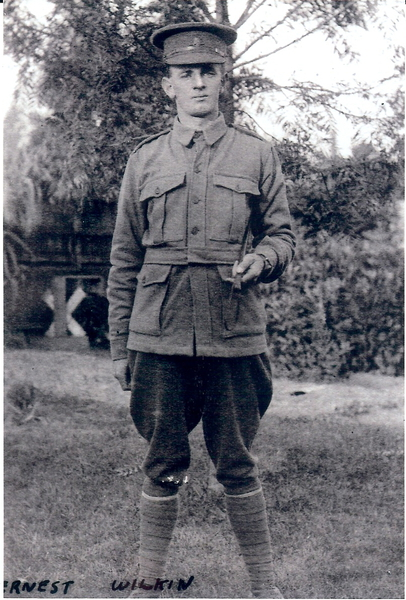
Ernest Wilkin was alongside his brother Harold, who was captured as a Prisoner of War when Ernest was killed in action. He was rediscovered at Pheasant Wood in 2010.
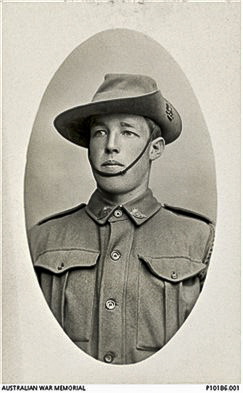
Frederick Parry was alongside his brother Reuben who was captured as a Prisoner of War when he was killed in action. He was rediscovered at Pheasant Wood in 2010.
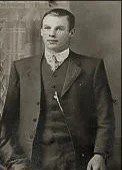
Samuel Farlow was killed in action and rediscovered at Pheasant Wood in 2010.
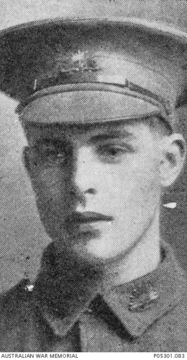
Norman Brumm was killed in action and rediscovered at Pheasant Wood in 2010.
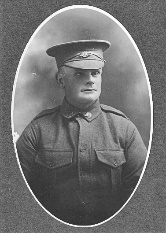
Herbert Westmoreland was killed in action and has no known grave. He is commemorated at VC Corner.
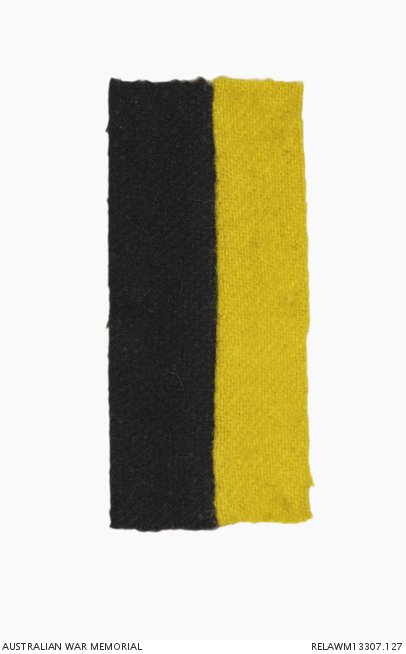
Francis Stringer Woodcock was killed in action and has no known grave. He is commemorated at VC Corner.
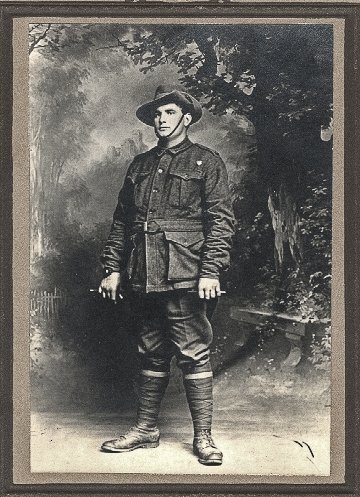
Lemuel Batey was killed in action and has no known grave. He is commemorated at VC Corner.
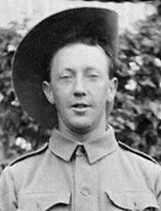
James Higgins was killed in action and has no known grave. He is commemorated at VC Corner.
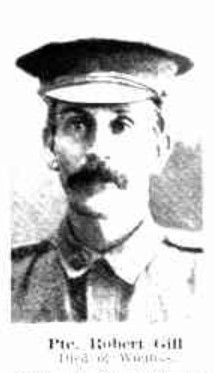
Robert Gill died of Wounds on the 20th July 1916 and is buried at Bailleul Communal Cemetery Extension.